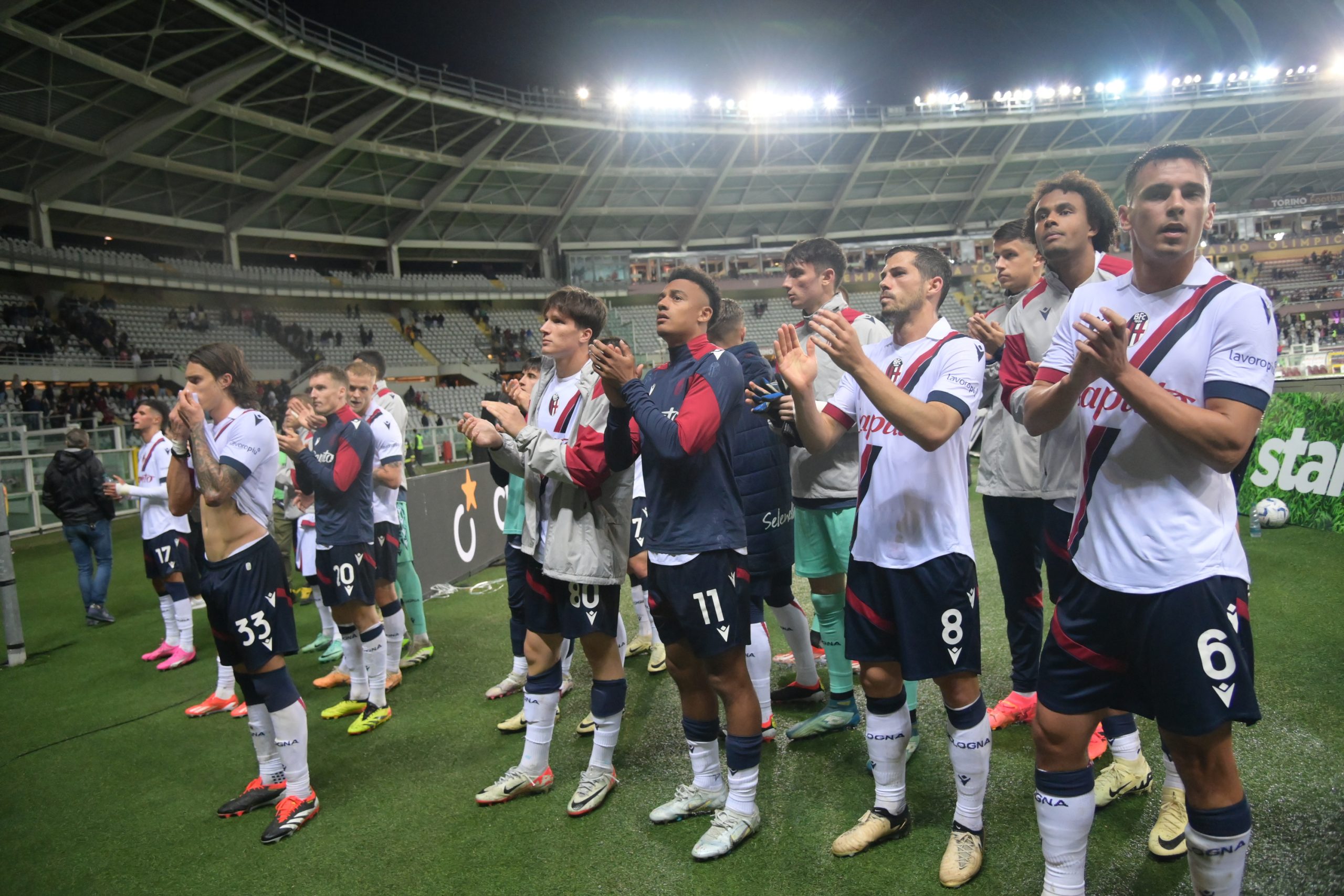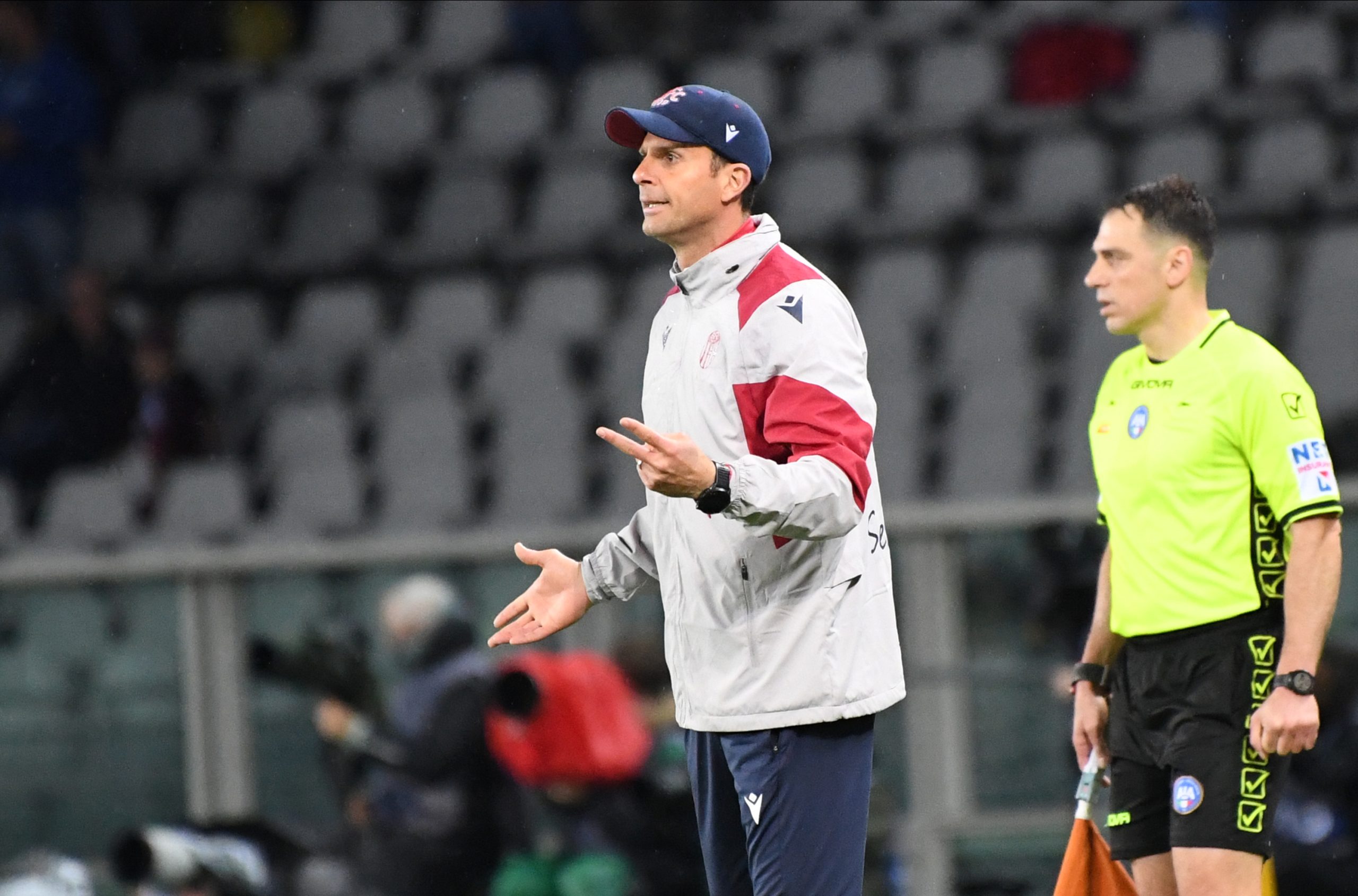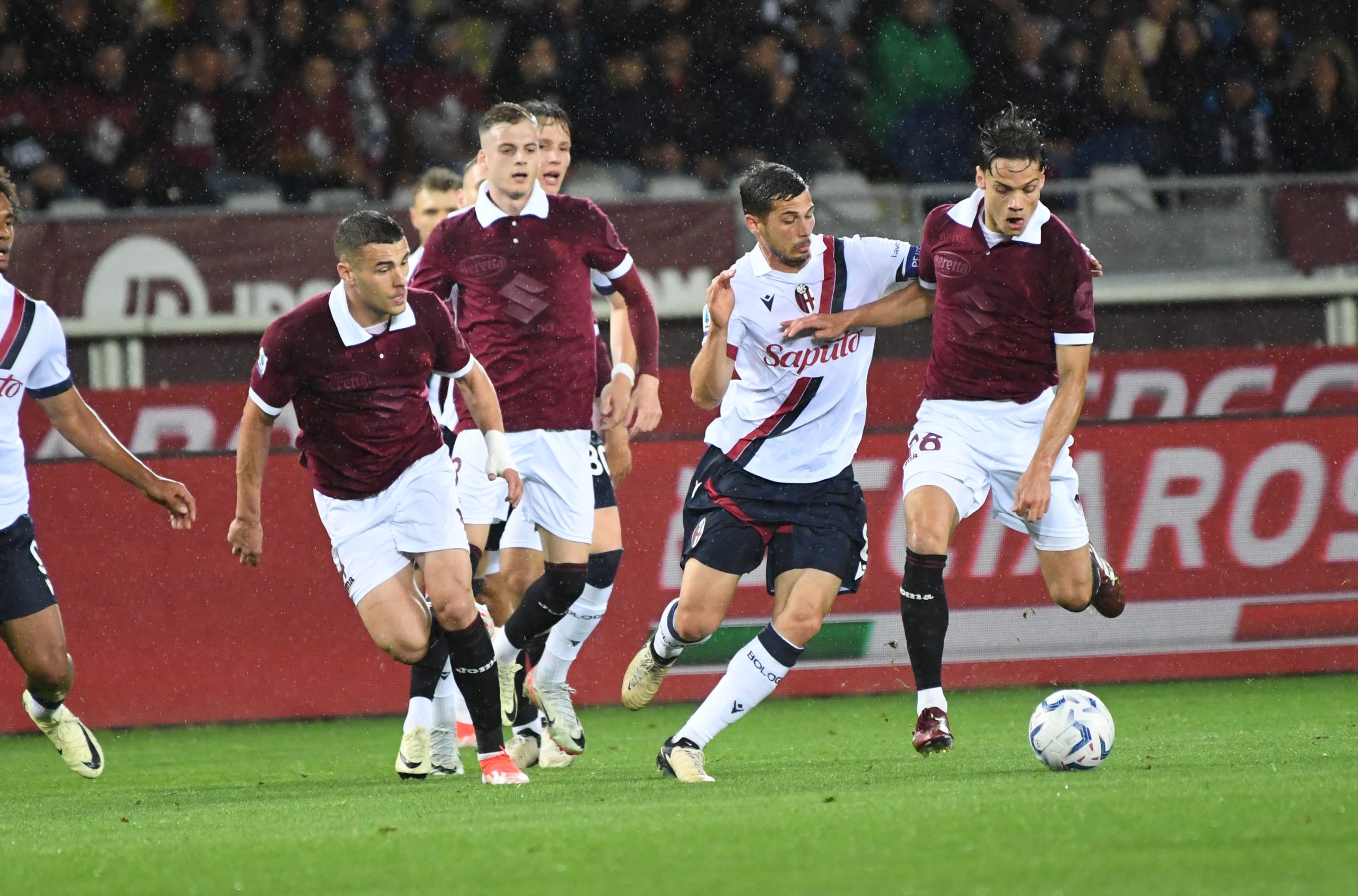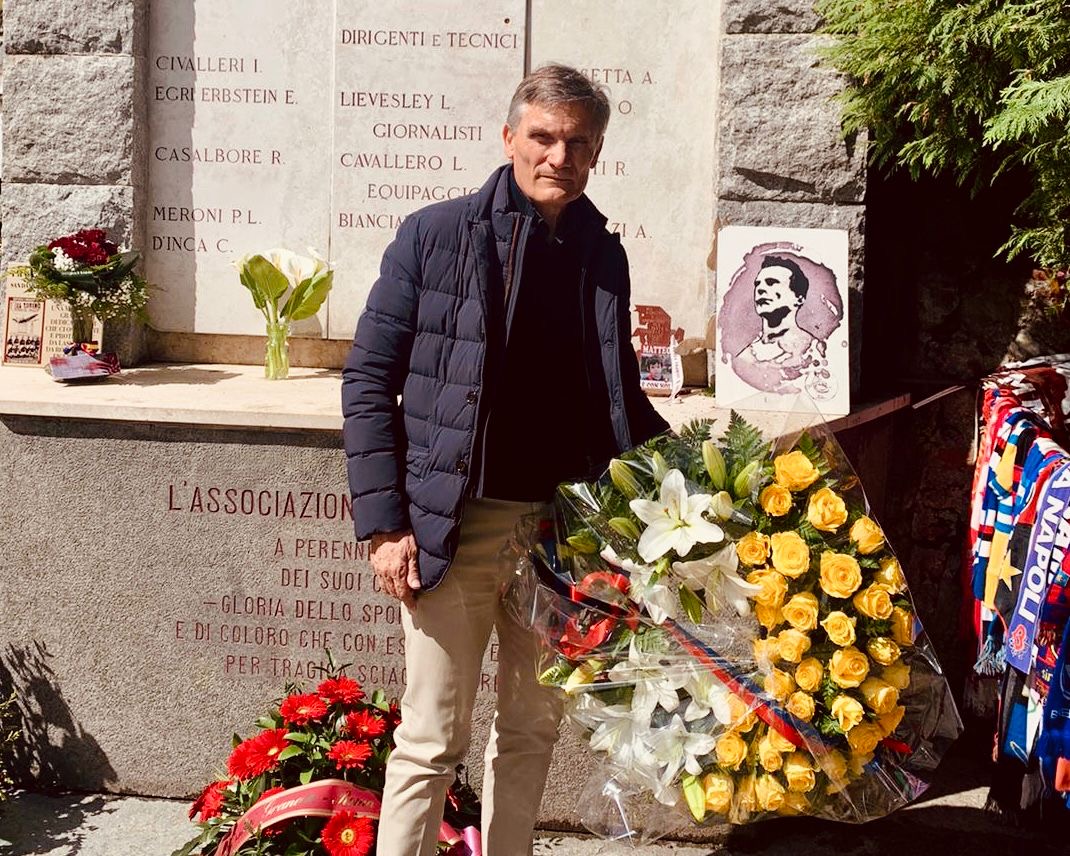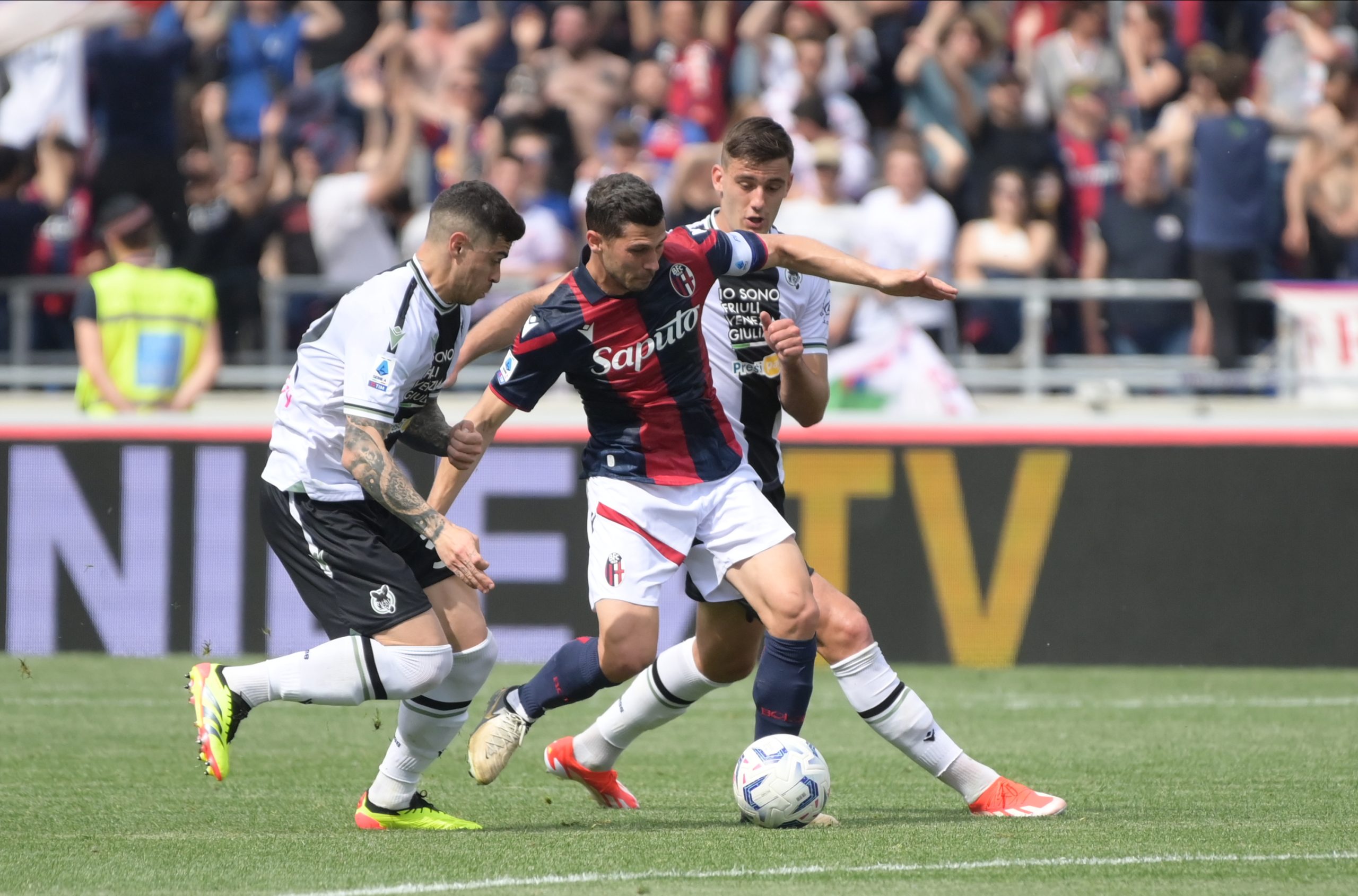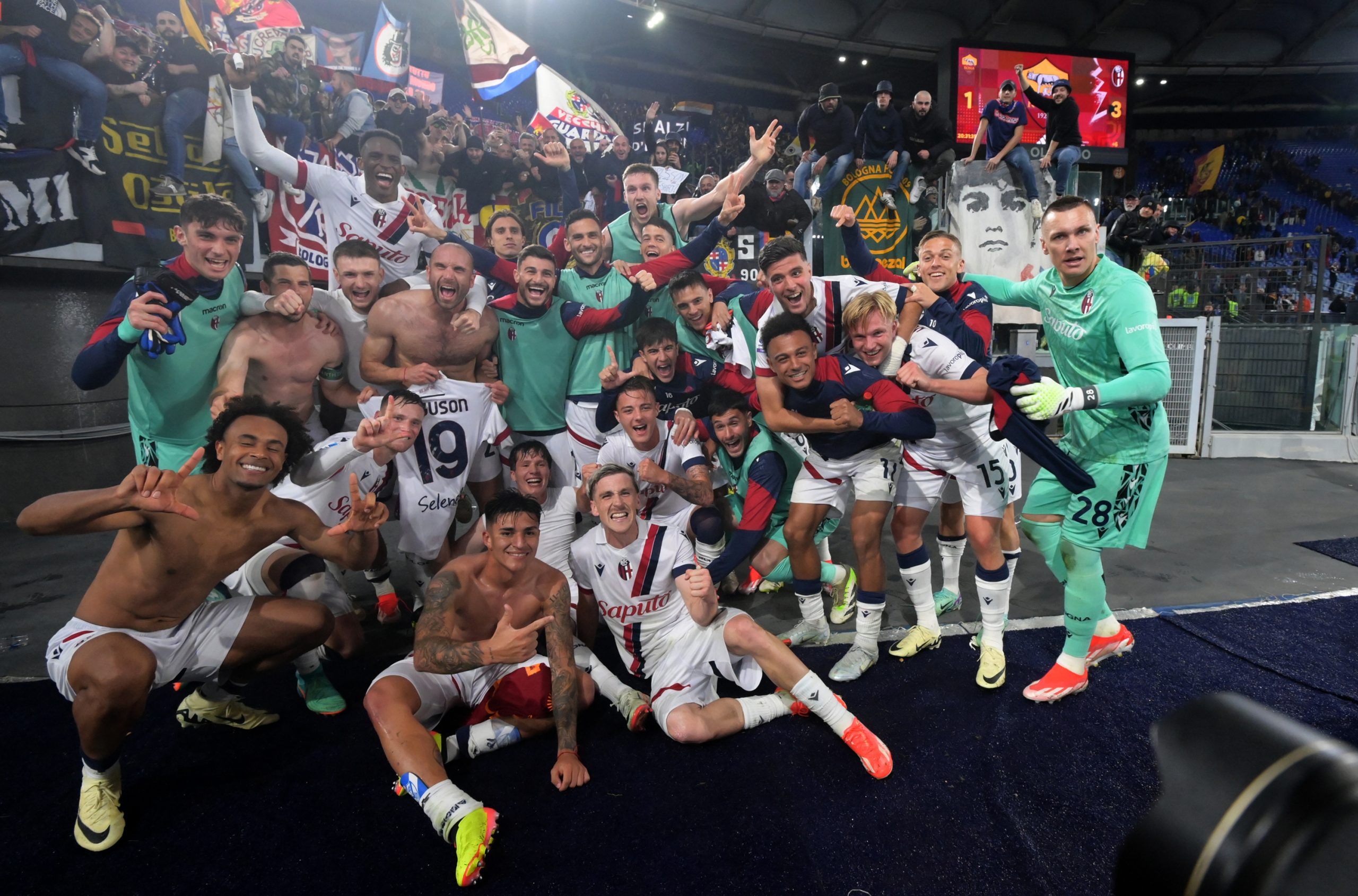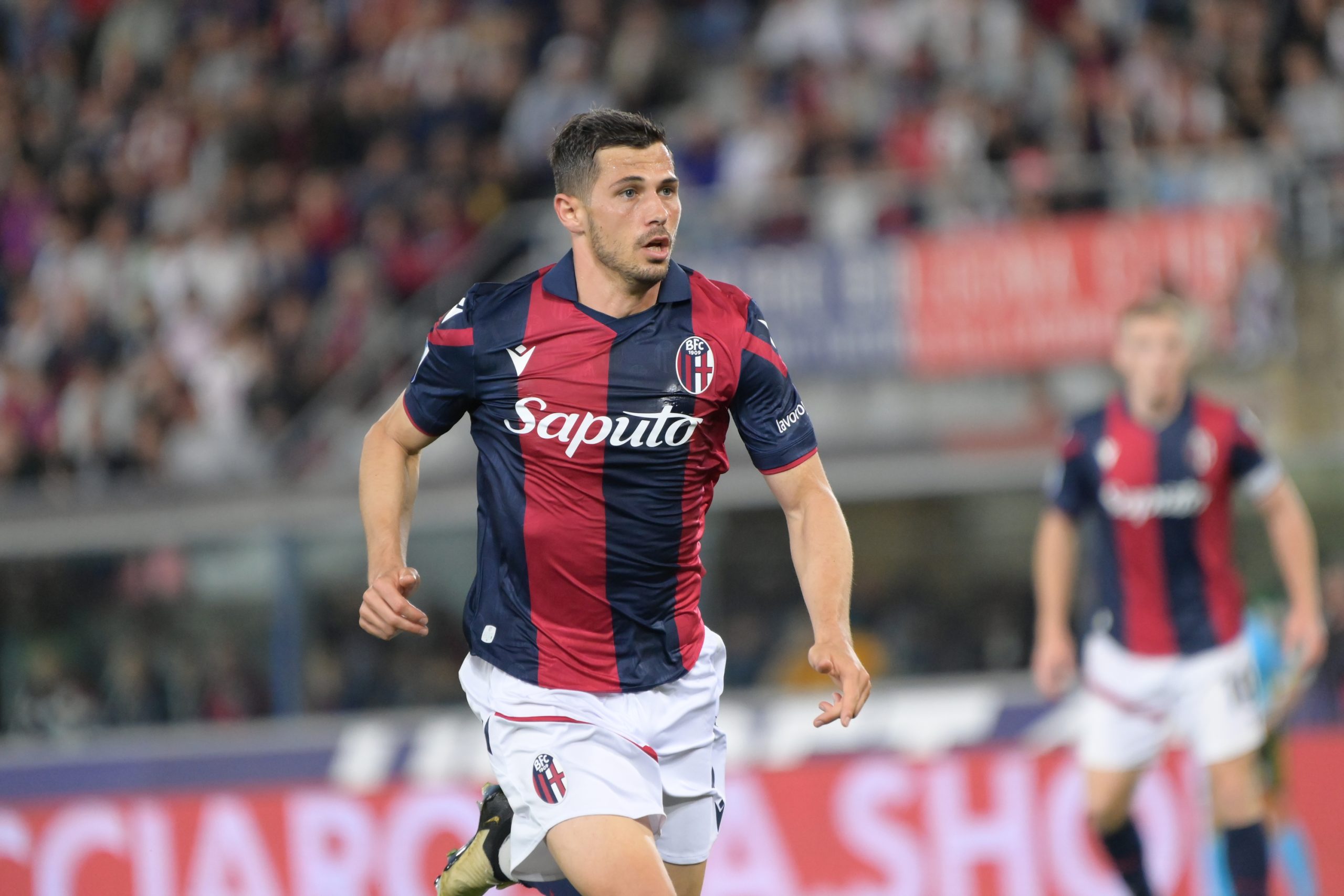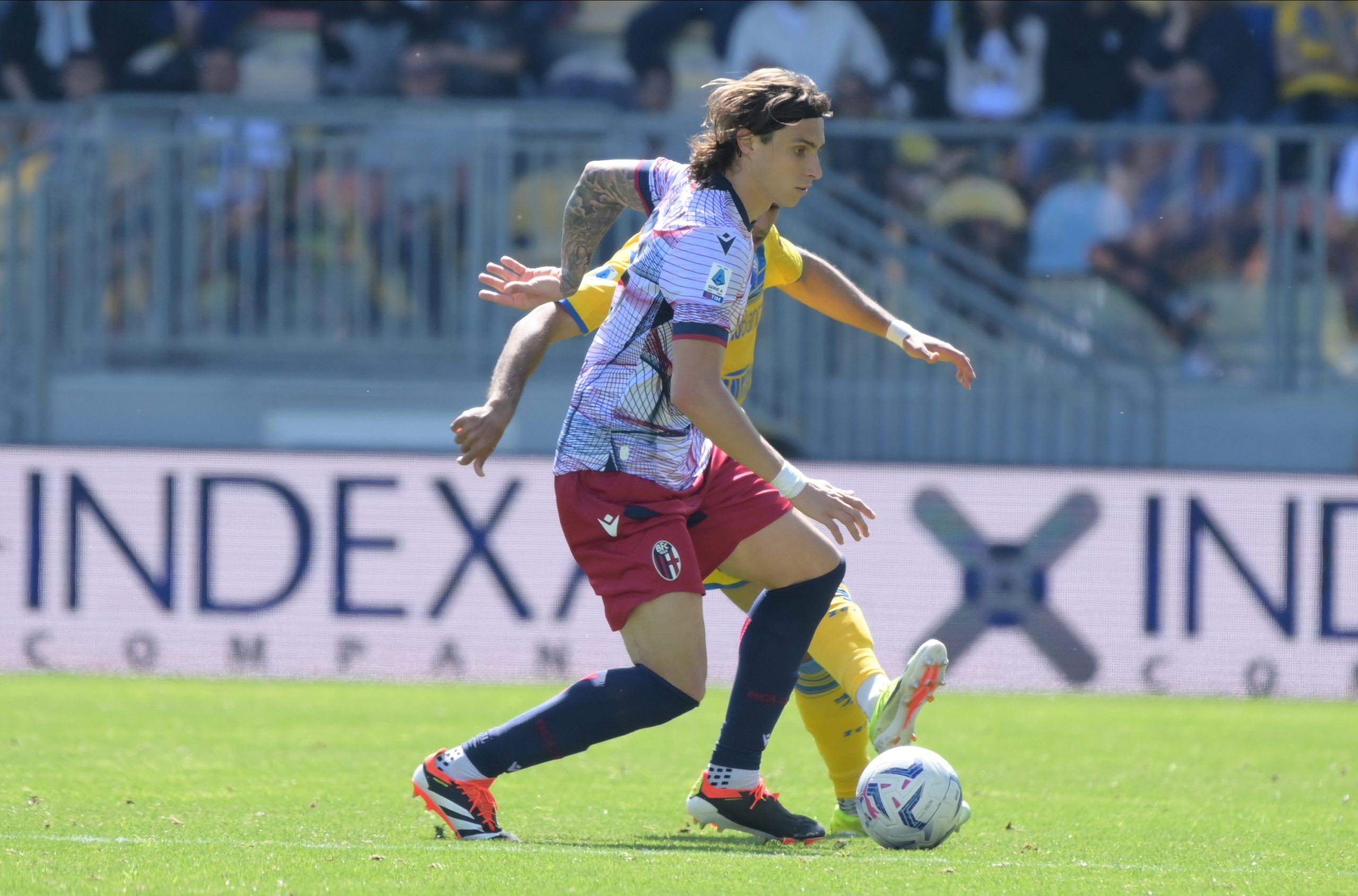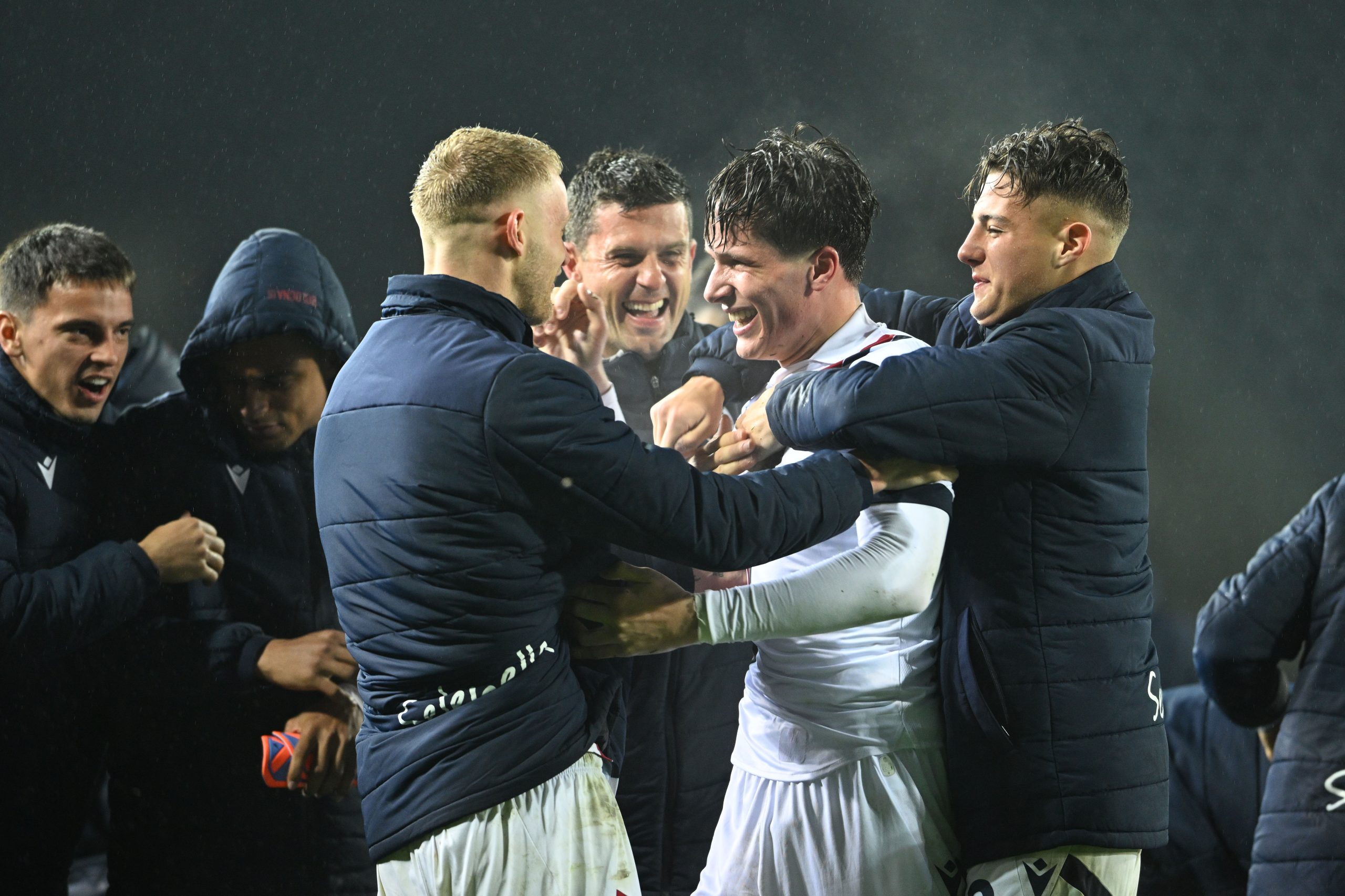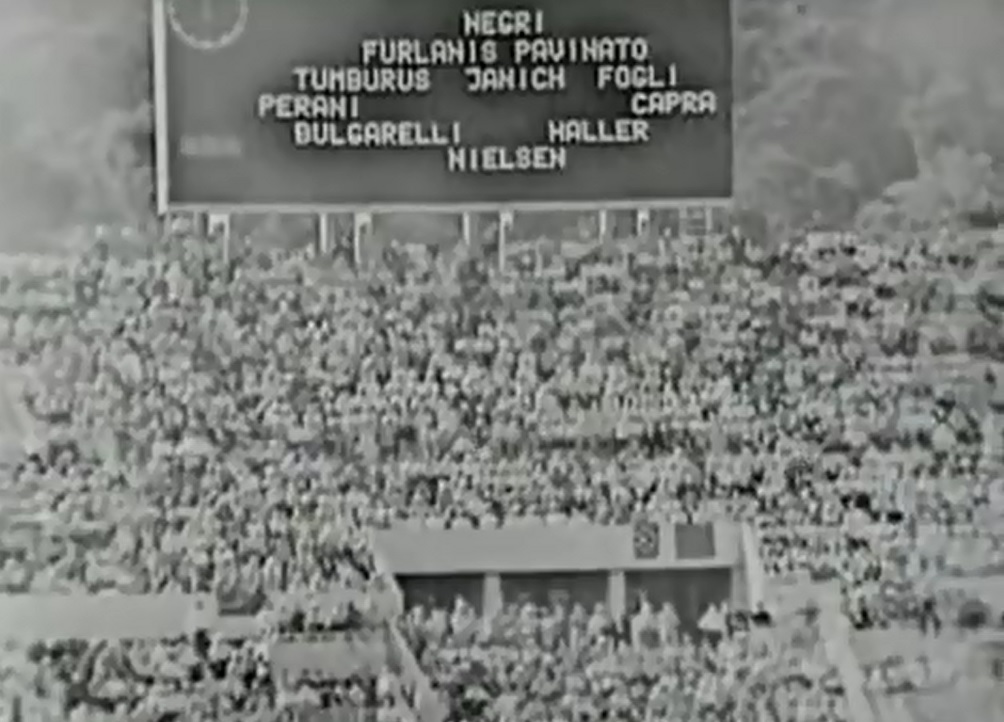#OnThisDay: Bologna win their seventh Scudetto on 7th June 1964
It was on Sunday 7th June 1964 that Bologna took to the field in Rome for a play-off against Inter Milan. The prize? The Scudetto. Editor Giovanni Spadolini, despite being a complete football novice (he thought that matches unfolded in three “acts”), had understood the enormous popularity of the event and had mobilised all of the journalists at the Carlino paper: “You”, he had told me, “will cover the city.”
And so it was that, at 17:00 on the dot as the radio (not TV) commentary began, I took to the streets and slowly patrolled the town centre. The city was empty, literally without a soul in sight. It would be too easy to draw a parallel with science-fiction movies where the protagonist wanders the deserted but intact streets and sees empty, open windows in the midst of a crushing silence. In such a film, the only sound to be heard would be a humming noise. It would be difficult to tell what it was, but there would be no doubting its effect.
This strange, metallic humming noise could also be heard on the empty and silent streets of Bologna. It was the tens of thousands of radio sets in people’s living rooms, in bars, and in wine cellars where people were sheltering from the heat. One couldn’t see the people but one could imagine them; friends, relatives, neighbours all united in facing ninety minutes of anguish. Anguish is a strong word but I cannot find any others. It wasn’t just a season coming to an end but a tumultuous and ridiculous story containing all the emotions, drama, pain, even death (of an old man on the terraces), that normally only concern the most important things in life.
I wanted Bologna to win even more than normal because they had been falsely accused of doping. Then the truth had come out and it was therefore logical to expect to “get our just desserts”. Everyone was glued to the radio, even people who had to ask which team Suarez played for when the commentator shouted that he had entered the box.
If Bologna were the heroes of the story, Inter weren’t exactly the villains. But they weren’t very sympathetic either. Many people remembered that Inter had rejected staying in the same hotel as Onassis and Soraya when they went to Vienna because it wasn’t fancy enough. Also, during the press conference with Austrian journalists, the waiters had gone around with watches and other expensive gifts instead of food and drink. Finally, the directors had said to the journalists, “If we win, come with us to Rio De Janeiro and we’ll pay for everything”. The Bolognese had commented, “Millionaires they may be, but gentlemen they’re certainly not”.
The first 45 minutes went by slowly. I stopped in a side street and sat down on a bench. During half time, windows and balconies filled up with men and women in their vests. They shook their heads and had a little chat or else stayed quiet with their elbows resting on the ironwork. After a quarter of an hour, everyone disappeared as if ordered by a whistle. The commentary struck up once more on the radio, speaking about the teams’ formations and about chances missed by a whisker. Everyone began to build up their own mental image as the commentator described the match, perhaps making it more exciting than a game on television.
Suddenly, something indescribable happened. There was an inhuman yell that had never been heard before. We’re used to the roar of a stadium not the roar of a city. It wasn’t just that Bologna had scored. It was that the story had come to the beginning of the end and it was ending as we all wished it would. It was a fairytale that had everything: David and Goliath; truth and lies; and innocence that triumphed. After a few more minutes, another almighty roar greeted the city at the final whistle and, almost instantaneously, a mass of humanity spilled out onto the streets: the very young and the very old, the rich and the poor, the beautiful and the ugly. I saw thousands of faces and I’m still surprised to think that each one of them had contributed to that surreal sound.
After a few minutes, you couldn’t even move in the streets and I realised with dismay that one had to go all the way back to the end of the war, a completely different event, to find a similar spectacle. But then I thought that even the most modest of things can become respectable if they succeed in creating so much joy. It was right that there were also days for these flags, for these tears, for these candid emotions. I got out of the car and hugged a passerby.
“L’urlo della città”, by Luca Goldoni
7th June 1964, play-off
Rome, Stadio Olimpico
BOLOGNA-INTER MILAN 2-0
BOLOGNA: Negri, Furlanis, Pavinato, Tumburus, Janich, Fogli, Perani, Bulgarelli, Nielsen, Haller, Capra. Coach.: Bernardini.
INTER MILAN: Sarti, Burgnich, Facchetti, Tagnin, Guarneri, Picchi, Jair, Mazzola, Milani, Suarez, Corso. Coach.: Herrera.
REFEREE: Lo Bello, Siracusa.
GOALSCORERS: 75′ Fogli, 83′ Nielsen.
BOOKINGS: Bulgarelli for foul play, Fogli for dissent.
